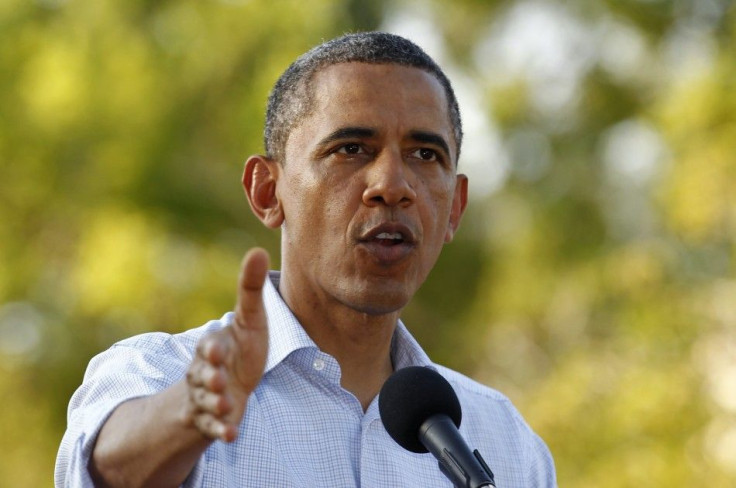US, Israel Secretly Collect Iran Nuclear Info Through Flame Virus: Report

A new report surfaced Tuesday that the United States and Israel collected information on Iran's nuclear facilities by way of a computer malware program known as the Flame virus.
According to the Washington Post, the two countries developed the virus with the intent to slow down Iran's nuclear ability. The virus was designed to secretly map out Iran's computer networks, keep tabs on the country's officials' computers, and report back the information gathered. Flame was reportedly able to activate computer microphones and cameras, log keyboard strokes, snap screen shots on computers and perform other functions by using Bluetooth wireless technology.
The Flame report is the latest in a series of leaks some lawmakers consider a threat to National Security and the safety of Americans. It is, however, not the first cyber attack the U.S. and Israel carried out on Iran's nuclear enrichment facilities.
The New York Times recently reported that the two nations created the Stuxnet virus to secretly damage Iran's nuclear facilities. A programming error reportedly led to that worm escaping on the Internet, and President Barack Obama, who began ramping up cyber attacks on Iran as early as his first week in office, was wondering if he should stop the attacks. He later received word that damage is being done and that it wasn't clear how much the Iranians knew about the Stuxnet attack.
This is about preparing the battlefield for another type of covert action, said a high-ranking U.S. intelligence official who spoke to the Post.
That official also said both Flame and Stuxnet are just a part a broader assault that continues until this day.
Cyber collection against the Iranian program is way further down the road than this, the official said.
In May, the Post reported that officials in Iran acknowledged that computers across the country were infected with a sophisticated kind of virus. The virus was dubbed Flame. The country said they developed tools to detect that virus and remove it.
It seems there is a close relation to the Stuxnet and Duqu targeted attacks, a statement from Iran's National Computer Emergency Response Team read. The research on these samples implies that the recent incidents of mass data loss in Iran could be the outcome of some installed module of this threat.
An investigation is underway into who has been leaking the information. Two U.S. attorneys, one of them a Bush appointee, have been appointed to conduct the investigation. The White house has denied any involvement in the leaks.
Sen. Joseph Lieberman (I-Conn.) has been calling for a special counsel to be assigned to the investigation, as he believes this will prevent any conflicts of interest.
Lieberman called the leaks the worst in a long time and said an enormous amount has been done to our national security.
He stated that he worries if the leaks will compromise relationships between the U.S. and other foreign intelligence agencies. Lieberman also said these leaks compromise the security of every American.
Former CIA director Gen. Michael Hayden told Fox News Sunday that whether or not information about the leaks is truthful, it is taunting the Iranians and could prompt a response.
© Copyright IBTimes 2024. All rights reserved.






















